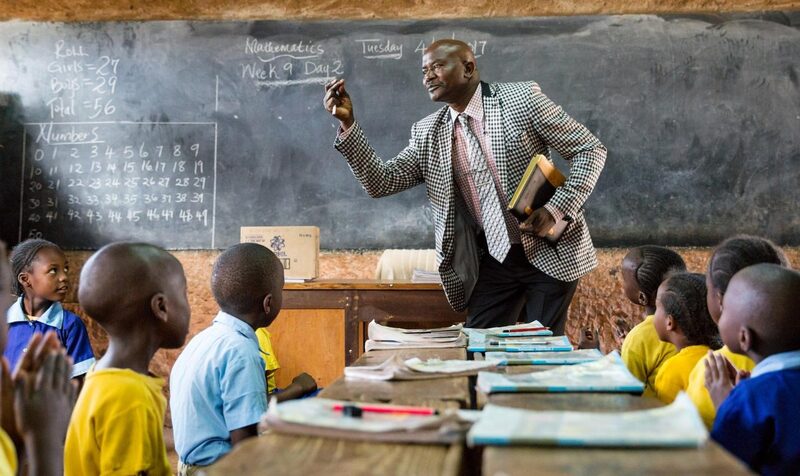
TPP to expand its activities to Saudi Arabia, UAE to promote innovative youth
The Potcast Productions Company (TPP), the leader in podcast production in the Middle East and ...

The World Bank has approved a $150 million grant from the International Development Association (IDA) to support the improvement of learning outcomes in basic education in Chad.
The Chad Improving Learning Outcomes Project aims to increase access to primary education while also focusing on the quality of teaching in the areas of reading, writing, and numeracy through reforms of the continuous professional development system for teachers and through capacity building for teachers, school principals, and pedagogical support staff.
The project also aims to provide digital tools for effective pedagogy and expand the use of mother tongue instruction in about 1,200 schools. It will also strengthen the quality of instruction in five bilingual teacher training institutions (ENIB). In addition, the project will help build the capacity of management systems such as the education management and information system and human resources management.
“The project goes beyond previous World Bank education operations by introducing performance-based conditions (PBCs) that will be used to strengthen systems for integrating community teachers into the public sector and improve long-term management and financing of these systems,” said Rasit Pertev, World Bank Country Manager for Chad. Performance-based conditions will be used to ensure that the government assumes permanent responsibility for managing community teachers after the project closes.
The project will strengthen the recruitment and financing of primary school teachers and, more specifically, community teachers through two options: 2,000 Category 2 community teachers will be gradually integrated into the civil service, 50% of whom will be women, and another 10,800 will receive State subsidies during the five-year project period.
In terms of equitable access, the project will support public and community schools in three areas: the provision of basic school infrastructure to communities that lack these facilities; the expansion of spaces in existing schools to help alleviate overcrowding in classrooms; and remedial classes for out-of-school children, as well as for children who are falling behind and at risk of dropping out of school.
Approximately 2.8 million students enrolled in public and community primary schools will benefit from the strengthened capacity of 31,500 teachers, principals, and pedagogical support staff, and some 3.2 million students will benefit from increased equitable access to quality learning environments and expanded covered spaces to be used to accommodate children from overcrowded classrooms.
The Potcast Productions Company (TPP), the leader in podcast production in the Middle East and ...
Minister of International Cooperation Rania Mashat urged the international community to expand innovative financing tools ...
More than a third (36%) of senior leaders in the financial services sector use generative ...


اترك تعليقا